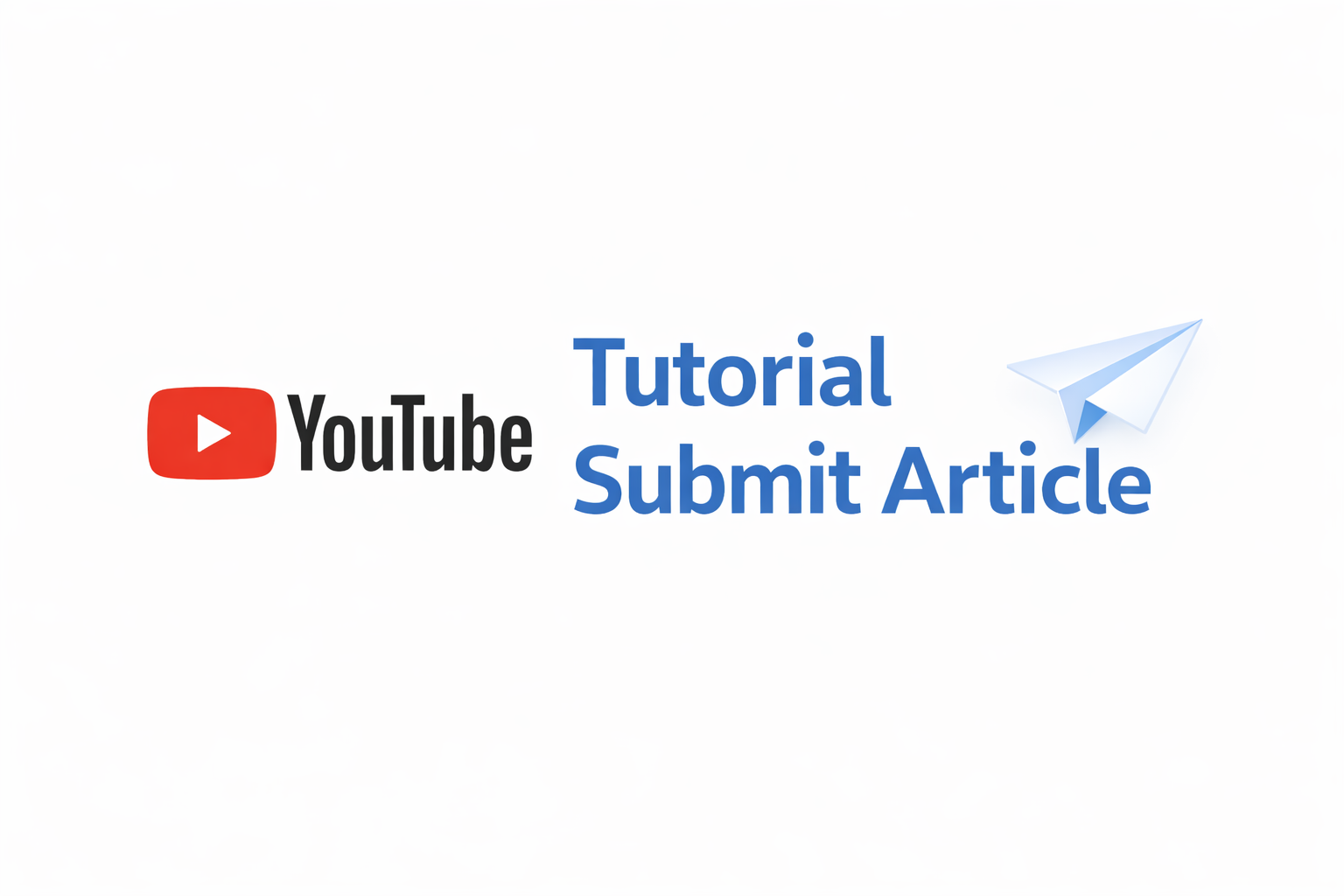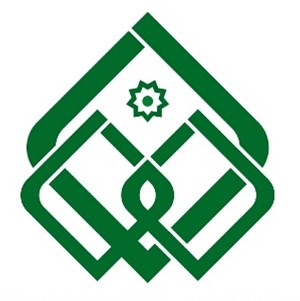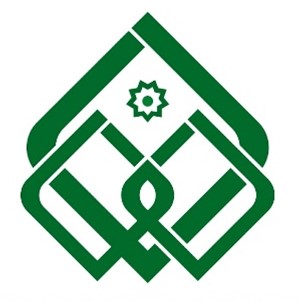Publication Ethics
Publication Ethics — Al-Khadim: Jurnal Penelitian dan Pengabdian Masyarakat
Al-Khadim: Jurnal Penelitian dan Pengabdian Masyarakat is committed to upholding the highest standards of publication ethics and maintaining the integrity of the academic record. The journal follows the principles set by the Committee on Publication Ethics (COPE) to ensure fairness, transparency, and accountability in every stage of the publishing process.
1) Responsibilities of Editors
- Editors are responsible for deciding which manuscripts are suitable for publication based on academic merit, originality, and relevance to the journal’s scope.
- Editorial decisions must not be influenced by the authors’ gender, ethnicity, religion, political beliefs, institutional affiliation, or nationality.
- Editors must ensure that all submitted manuscripts undergo fair and impartial double-blind peer review.
- Editors are required to maintain confidentiality regarding all submitted materials and must not disclose information about manuscripts to anyone other than authorized persons (reviewers, editorial staff, or publisher).
- Editors must take appropriate action when ethical misconduct, plagiarism, or conflicts of interest are identified during the review or publication process.
2) Responsibilities of Reviewers
- Reviewers assist the editors in evaluating the quality, originality, and clarity of submitted manuscripts through an objective and constructive review process.
- Reviewers must maintain strict confidentiality of all manuscripts and may not share or discuss their contents with others.
- Reviews should be conducted impartially and supported by evidence-based arguments that help authors improve their work.
- Reviewers must disclose any potential conflicts of interest that could influence their objectivity, such as collaboration or competition with the author(s).
- If a reviewer feels unqualified or unable to complete the review within the specified timeframe, they must notify the editor promptly.
3) Responsibilities of Authors
- Authors must ensure that their manuscripts are original, unpublished, and not under consideration elsewhere.
- All forms of plagiarism, data fabrication, and falsification are strictly prohibited.
- Authors must properly acknowledge and cite all sources that have influenced their research or community engagement work.
- All individuals who have made significant contributions to the research should be listed as co-authors, and all listed authors must approve the final version of the manuscript.
- Authors must disclose any financial or personal conflicts of interest that could affect the interpretation of their results.
- If an author discovers an error or inaccuracy in their published article, they must notify the editor immediately to correct or retract the publication as appropriate.
4) Responsibilities of the Publisher
- The publisher (LPPM Sekolah Tinggi Agama Islam An-Nur Banyumas) ensures that editorial independence is maintained throughout the publication process.
- The publisher supports the editorial board in handling ethical issues, complaints, and appeals according to COPE guidelines.
- The publisher safeguards intellectual property rights, ensuring that all published works remain accessible under the journal’s open-access license.
- The publisher is responsible for maintaining digital archiving and long-term preservation of the journal’s content through trusted systems such as PKP Preservation Network (PKP PN).
5) Handling of Ethical Misconduct
Al-Khadim takes all forms of publication misconduct seriously. When ethical concerns are raised about a submitted or published article, the editorial board will investigate the matter following COPE flowcharts and best practice guidelines. Proven cases of misconduct may result in manuscript rejection, article retraction, or notification to the author’s institution.
Summary: The editorial team, reviewers, authors, and publisher of Al-Khadim: Jurnal Penelitian dan Pengabdian Masyarakat share a collective responsibility to uphold the values of integrity, transparency, and accountability in research publication, ensuring that all published works contribute ethically and meaningfully to the advancement of science and community service.














